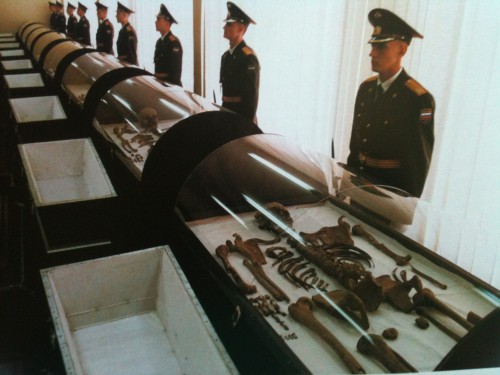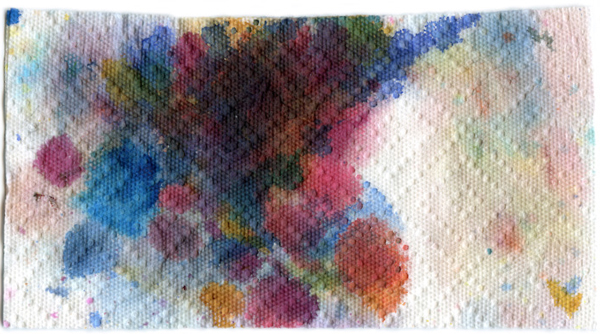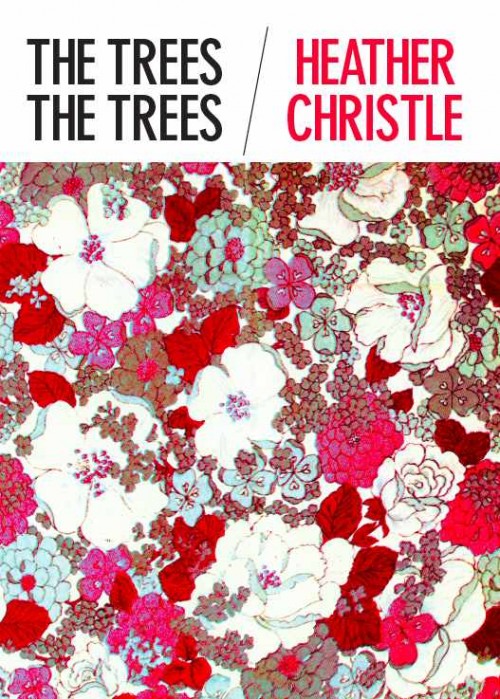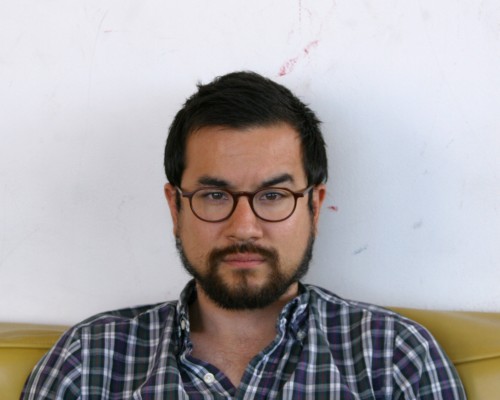Had he not committed suicide in 1970—and not died of old age in the last few years—he’d be 75 today. If you don’t own Spirits Rejoice, there is a hole in your record collection.
Book + Beer: Dortmunder and Siberia
Possibly Ian Frazier’s Travels in Siberia is meta, as in many times I felt I was trapped within its 544 pages, or book as Siberia (a land mass that is 1/12th of the earth and 77% of Russia [though it contains only 25% of the population of that country]), a slog, лонг травел, shall we say, though—like the author to his subject—I did return again and again (Frazier labels his emotions about the region as “dread Russia-love.” The man takes 11 trips to Russia for this book!). I felt the attraction, and the dread. Let’s put it this way: I never felt exiled, per say, to the steppes of seemingly blizzardly white pages. But I was often exhausted. I shall return to this exhaustion after I crack open this bottle of beer: TSSST. My thirst and fatigue is one result of Frazier’s technique.

What beer? Great Lakes Brewing Company Dortmunder Gold. First thing, you can’t go blar with any Great Lakes beer. They make glow beer. Period. The Dortmunder Gold has a cool name (sounds sort of like a type of Salvia divinorum or maybe an office award ceremony or possibly an over/under shotgun manufactured in Belgium), a cool pedigree (multiple time world beer champion gold medalist), and a cool alcohol content, at a reasonable 5.8%. It will make your head go whoosh-whoosh, clang.
Technique of Ian Frazier? Let me digress: I’m at this July 4 party and this older gentleman sets down his beer (Coors) and tells us a story about how one day in the 1940’s, as a small kid, he strolled about his aunt’s farm and entered a dark, dusty barn and there was a body hanging from a rope tied to the rafters. Dangling there, a dead man. And so, as a kid, with an odd kid brain, he leaped up and swung back-n-forth on the dead man’s legs, like whippeeeeee! Like it was some game.
What is Experimental Literature? {Recap: Five Questions Vol. 2}
In case you missed any of them, below you’ll find links to each of the writers who participated in the second edition of my series of interviews aimed at expanding our understanding of experimental literature. (Also if you missed it, here is a link to the list of writers who participated in the first edition.)
Again, my thanks to everybody for participating. This has been a really insightful experience for me and hopefully for many of you. In the near future, I plan to do a post that addresses some of what I’ve learned from the series and how it has helped me to rethink my ideas about this nebulous category of “experimental literature.” At the moment, I’m unsure about a third edition. Only time will tell. But for now, I encourage you to visit or revisit the ocean of ideas presented by this impressive group of writers:
Rule of Threes

1. I’m reading Gail Mazur‘s new book of poems, Figures in a Landscape. The final two couplets of the title poem, an ekphrasis of the imagination:
If no one looks at us, do we or don’t we disappear?
The landscape would survive without us.When you’re in it, it’s not landscape
any more than the horizon’s a line you can stand on.
In this book I’m encountering the melancholy of a beach in winter, a poet microscoping her life and then telescoping her life, a poet who’s so careful with every word that sometimes I’m afraid I will break them just by thinking too hard.
2. The Summer 2011 issue of Sixth Finch is up and running. I just enjoyed Leora Fridman’s “Pistons,” which begins, “I tap out my knowledge of neatness on an old machine for / sending pigeons,” and flaps out into laser beam lunacy. The issue, wholly, invokes small town, prairie view summers. Potted plants of madness and bleeding cow heads abound.
3. When you wake up in the morning, do you have a song in your head? Mine is “Today” by the Smashing Pumpkins most days. This morning, though, it was “Proud to Be an American.” This is the morning after reading about TBHQ in our chicken McNuggets and how, according to the St. Pete times today, Tea Party members in Florida are tackling a new issue: manatees. “We cannot elevate nature above people,” explained Edna Mattos, 63, leader of the Citrus County Tea Party Patriots, in an interview. “That’s against the Bible and the Bill of Rights.” God forbid we limit our drunken boating excursions.
Stuff Left Behind

Paper Towel, June 3, 2011, Jeffrey Simmons
I have a small file cabinet under my desk that has in it scraps of paper with notes—on notebook paper, printer paper, index cards, Post-It notes, and even (yeesh) napkins. Early drafts of stories—from a time when I wrote everything long hand first, and then typed them up—are in there. Little bits of research that I printed out, glanced at, and then decided to ignore. Pictures I took out of magazines.
There’s another pile on my bookshelf that’s twice the size of my mid-sized cat.
Why am I keeping it all? I thought about throwing it away, recently, READ MORE >
Heather Christle’s The Trees The Trees

The Trees The Trees is a wrecking ball covered in flowers. These poems by Heather Christle make me feel, often simultaneously, all of the following things: that I am riding a fucked-up carousal in the middle of the woods, that I am an animal pulling out my own wires, that my skin is a new kind of candy, that my brain and my heart are in a tree and that, somewhere up in that tree, they are kissing, calling each other the wrong names.
The poems look like prose blocks with holes punched in them. If you unfocus your eyes while you read it looks like pieces are missing. Like a puzzle from the thrift store. But what’s missing is what makes these poems right. Consider the line “my friend the golden onslaught married stuff in bloom” from the poem “Happy Birthday To Me.” Nearly each word in this line pushes against the emotional quality of the word next to it, as if the line is trying to break out of its semantic skin. The word “onslaught,” made physical because it is “golden,” sits there in the middle of the line wreaking all kinds of contradictory havoc. The ambiguously casual “stuff” makes the line colloquially wobbly. Then “bloom” comes in with a tender, exuberant punch in the heart, not to mention filling out the line’s weird music. Good parts in a good machine.
Reading The Trees The Trees is akin to the logical disturbance one feels while watching YouTube videos of the late Macho Man. Indeed, the ever-quotable, sequined Savage bewilders and entertains in a surprisingly articulate brand of Dada-esque madness. In an article at espn.com, Bill Simmons sums up Savage’s influence on his sport, noting that “Wrestling moved pretty slowly back then [the mid-80s]: lots of headlocks and clotheslines, lots of rolling around, lots of killed time, lots of fat rolls and labored breathing. Savage murdered that era almost overnight.” Simmons describes Savage as “phenomenally bizarre and undeniably entertaining,” saying that, “You needed a translator even if he was speaking in English.”
July 12th, 2011 / 12:47 pm
Innovative Residency Underway

The Palovista residency, located on a 1,920-acre ranch outside of Ojo Caliente, New Mexico, seeks to foster community among young innovative writers and artists, and to promote a mode of critical exchange that privileges writing/speaking to and with, rather than about. Throughout the residency, a number of visiting publishers and poets are hosted for readings and conversations with the younger writers. Visiting speakers in 2011 will include Mei-Mei Berssenbrugge, Charles Alexander, Cynthia Miller, Debra di Blasi, Evan Lavender-Smith, Carmen Gimenez Smith, Stanley Crawford, and Miriam Sagan. All events are open to the public. Residency operations are funded by the Junior Fellows Prize from the Kelly Writers House.
Co-directors: Leo Genji Amino & Daisy Atterbury. Participants: Natalie Jacoby, Benny Lichtner, Tamar Nachmany, Mugi Takei, Nicholas Taylor, Valeria Tsygankova, and Zachary Valdez.
You can follow the readings / writings / productions / performances of the Palovista Residency here from July 10-24, 2011.


